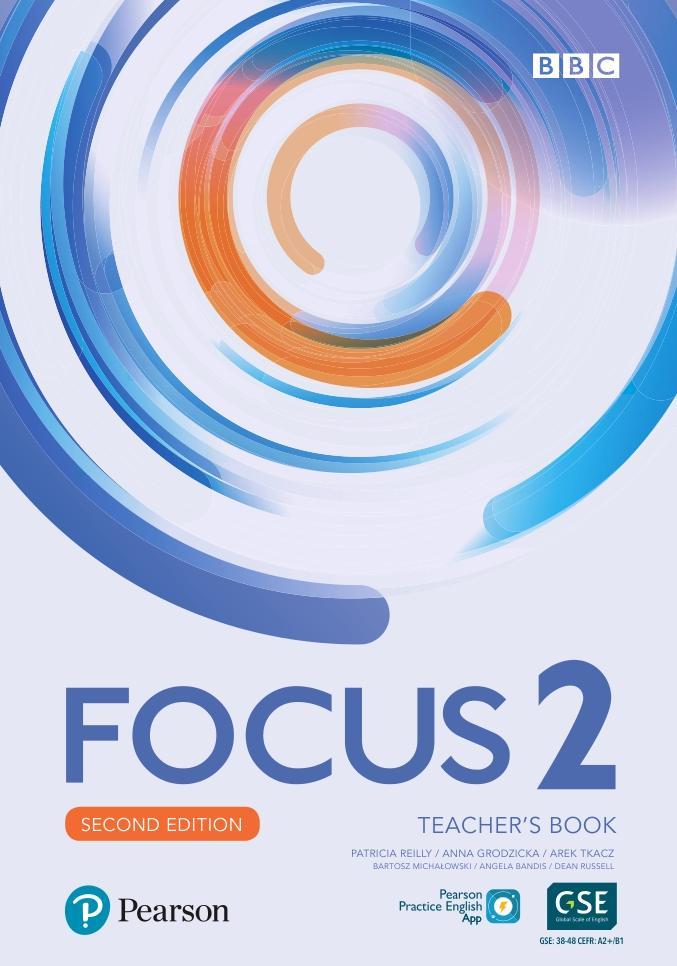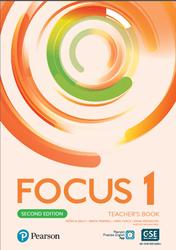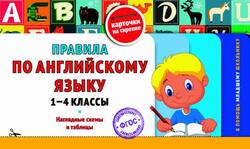Фрагмент из книги.
When you have time to yourself, you probably hang out with friends, go to the cinema or go shopping - but what about when you fancy doing something new and exciting in your free time that’s not expensive? Finding activities that are fun, accessible and don’t cost the earth is impossible, right? Wrong!
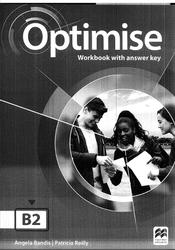
Crime in popular culture.
We love crime. It seems that we just can’t get enough of it - turn on the television and you’ll find any number of crime series and films, ranging from whodunits to detective mysteries, from crime dramas to documentaries, and even reality shows where the public get to watch the police at work. There’s crime on TV, in films, books, plays and even in songs and musicals. But why are we so fascinated by it?
One aspect of crime that fascinates us are law-breaking ‘heroes’ - characters who do wrong for the right reasons or who attract our sympathy for their daring exploits. These date back hundreds of years and Robin Hood, first mentioned around 1160, is one of the earliest.
Despite breaking the law, Robin Hood became a folk hero when he robbed the rich to help the poor. In the 1600s, pirates, including Edward Teach (known as Blackbeard), Henry Morgan and Captain Kidd, captured the public imagination, inspiring writers such as Robert Louis Stevenson, author of Treasure Island. Rather than villains, they were seen as loveable rogues, an image which is still true today - just think of the popularity of the Pirates of the Caribbean films! In the 18th century, highwaymen such as Dick Turpin were infamous for robbing travellers on the road, particularly the rich. Like Robin Hood and the pirates, highwaymen soon became the subject of poems, ballads and stories.
Contents.
Unit 1 Time on уоur hands.
Progress check and Cumulative progress 1.
Unit 2 Learning about learning.
Progress check and Cumulative progress 2.
Unit 3 Invent and innovate.
Progress check and Cumulative progress 3.
Unit 4 Crime doesn't pay.
Progress check and Cumulative progress 4.
Unit 5 You win some, you lose some.
Progress check and Cumulative progress 5.
Unit 6 Next steps.
Progress check and Cumulative progress 6.
Unit 7 Exploring art.
Progress check and Cumulative progress 7.
Unit 8 The world around us.
Progress check and Cumulative progress 8.
Unit 9 A word to the wise.
Progress check and Cumulative progress 9.
Unit 10 Spending power.
Progress check and Cumulative progress 10.
Unit 11 A long way from home.
Progress check and Cumulative progress 11.
Unit 12 Achieve the impossible.
Progress check and Cumulative progress 12.
Reading and Use of English.
Writing.
Listening.
Speaking.
Answer key.
Бесплатно скачать электронную книгу в удобном формате, смотреть и читать:
Скачать книгу Optimise, B2, Workbook, With answer key, Bandis A., Reilly P., 2017 - fileskachat.com, быстрое и бесплатное скачивание.
Скачать pdf
Ниже можно купить эту книгу, если она есть в продаже, и похожие книги по лучшей цене со скидкой с доставкой по всей России.Купить книги
Скачать - pdf - Яндекс.Диск.
Дата публикации:
Теги: учебник по английскому языку :: английский язык :: Bandis :: Reilly
Смотрите также учебники, книги и учебные материалы:
Следующие учебники и книги:
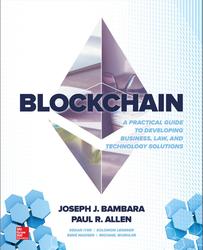 Blockchain, A Practical Guide to Developing Business, Law, and Technology Solutions, Bambara J.J., Allen P.R., 2018 — The book covers blockchain definition, use cases, distributed technology, and especially blockchain development, with a good deal of code snippets … Книги по английскому языку
Blockchain, A Practical Guide to Developing Business, Law, and Technology Solutions, Bambara J.J., Allen P.R., 2018 — The book covers blockchain definition, use cases, distributed technology, and especially blockchain development, with a good deal of code snippets … Книги по английскому языку History of English a resource book for students, Mcintyre D., 2020 — Assuming no prior knowledge, books in the series offer an accessible overview of the subject, with activities, study questions, sample … Книги по английскому языку
History of English a resource book for students, Mcintyre D., 2020 — Assuming no prior knowledge, books in the series offer an accessible overview of the subject, with activities, study questions, sample … Книги по английскому языку Big science 4, Students book — Фрагмент из книги. The pull of gravity on an object gives an object its weight. An object’s weight depends on … Книги по английскому языку
Big science 4, Students book — Фрагмент из книги. The pull of gravity on an object gives an object its weight. An object’s weight depends on … Книги по английскому языку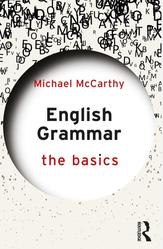 English Grammar, The Basics, McCarthy M., 2021 — The Basics is a highly successful series of accessible guidebooks which provide an overview of the fundamental principles of a … Книги по английскому языку
English Grammar, The Basics, McCarthy M., 2021 — The Basics is a highly successful series of accessible guidebooks which provide an overview of the fundamental principles of a … Книги по английскому языку
Предыдущие статьи:
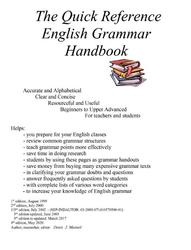 The Quick Reference English Grammar Handbook, Manuel D., 2020 — pdfThe Quick Reference English Grammar Handbook, Manuel D., 2020. The Quick Reference English Grammar Handbook: Concisely covers all grammar topics … Книги по английскому языку
The Quick Reference English Grammar Handbook, Manuel D., 2020 — pdfThe Quick Reference English Grammar Handbook, Manuel D., 2020. The Quick Reference English Grammar Handbook: Concisely covers all grammar topics … Книги по английскому языку English File, Advanced Plus, Workbook, Latham-Koenig C., Oxenden C., Chomacki K., 2021 — Фрагмент из книги. It is generally considered that the digital age time began in the 1970s, with the introduction of … Книги по английскому языку
English File, Advanced Plus, Workbook, Latham-Koenig C., Oxenden C., Chomacki K., 2021 — Фрагмент из книги. It is generally considered that the digital age time began in the 1970s, with the introduction of … Книги по английскому языку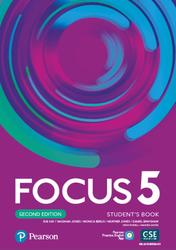 Focus 5, Students Book, 2020 — Фрагмент из книги. We use inversion in sentences which start with negative adverbs, e.g. never, rarely, seldom, hardly, barely, scarcely, … Книги по английскому языку
Focus 5, Students Book, 2020 — Фрагмент из книги. We use inversion in sentences which start with negative adverbs, e.g. never, rarely, seldom, hardly, barely, scarcely, … Книги по английскому языку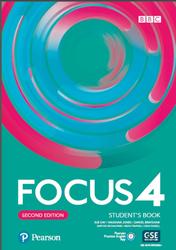 Focus 4, Students Book, 2020 — Фрагмент из книги. We use inversion in sentences which start with negative adverbs, e.g. never, rarely, seldom, hardly, barely, scarcely, … Книги по английскому языку
Focus 4, Students Book, 2020 — Фрагмент из книги. We use inversion in sentences which start with negative adverbs, e.g. never, rarely, seldom, hardly, barely, scarcely, … Книги по английскому языку

